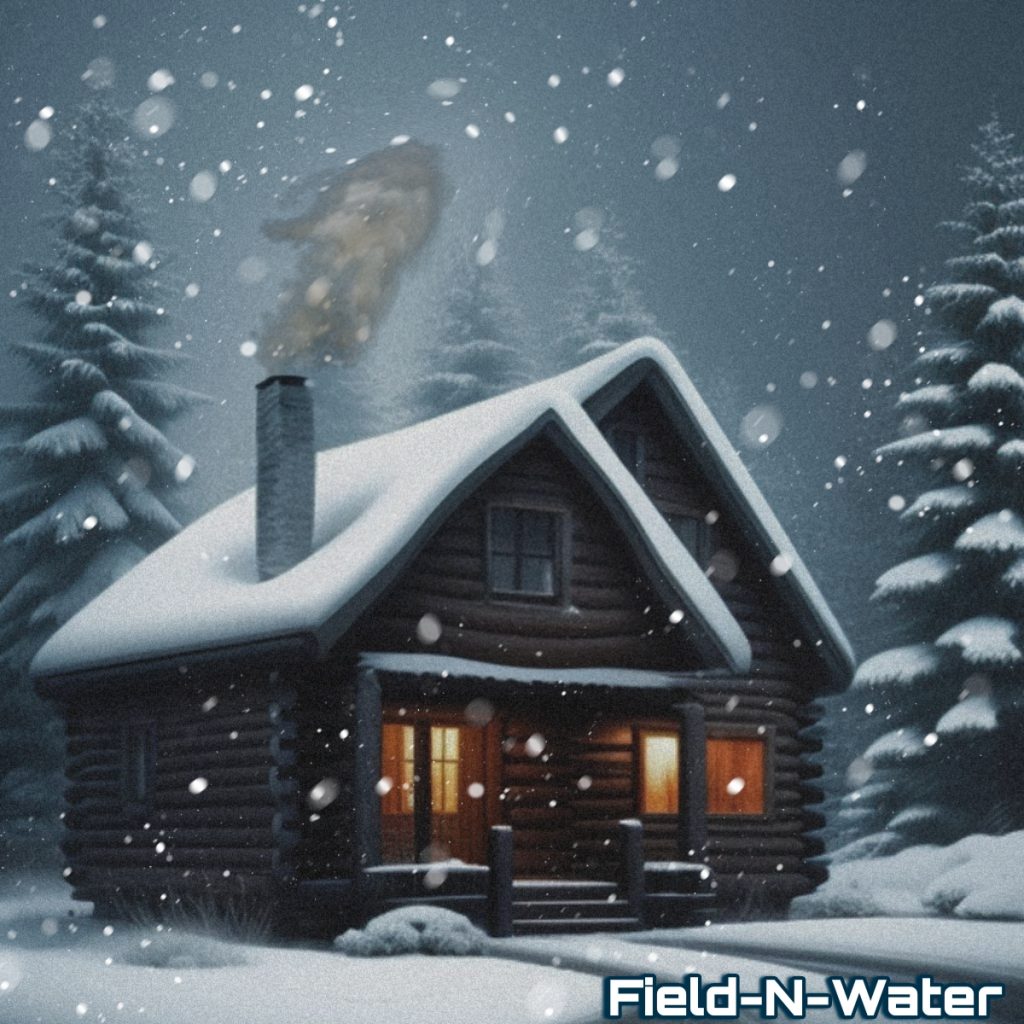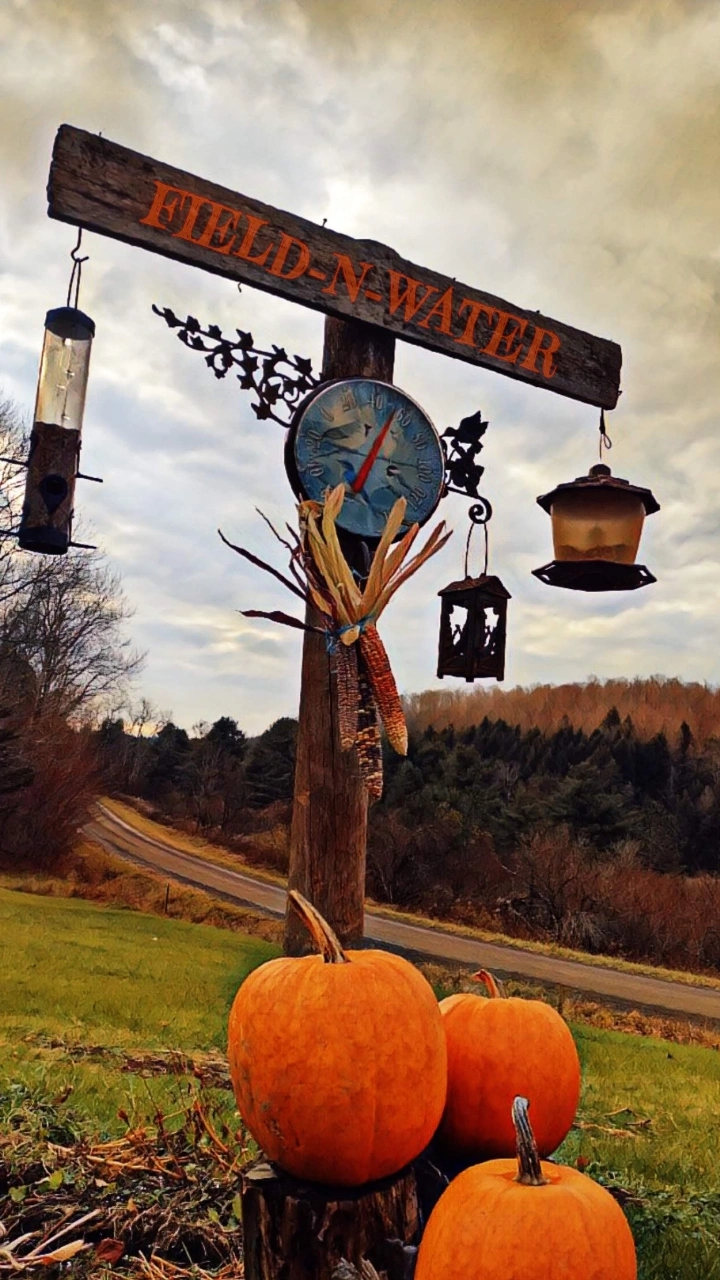A Comprehensive Guide to Sustainable Self-Sufficiency

Living off-grid has become an increasingly popular lifestyle choice for individuals seeking greater self-sufficiency, environmental sustainability, and independence from traditional utility systems. In this comprehensive guide, we’ll explore what it takes to live off-grid, covering everything from location and energy sources to food production and social considerations.
Definition and Motivation
Living off-grid means disconnecting from municipal utilities such as electricity, water, and sewage systems, and relying instead on self-generated resources. The motivations behind choosing this lifestyle vary, but common reasons include reducing environmental impact, achieving greater autonomy, and embracing a simpler way of life.
Location and Land
Selecting the right location is crucial for successful off-grid living. Factors to consider include climate, access to water sources, land availability, and legal considerations regarding zoning regulations and building codes.
Energy Sources
Off-grid energy generation typically relies on renewable sources such as solar panels, wind turbines, hydroelectric power, or biomass systems. Each option has its own advantages and challenges, and the choice often depends on factors such as geographical location and available resources.
Water and Waste Management
Obtaining and managing water off-grid involves strategies such as rainwater harvesting, well drilling, or water purification systems. Similarly, sustainable waste management practices, including composting toilets and greywater recycling, are essential for minimizing environmental impact.
Food Production
Off-grid living often involves growing food locally to reduce reliance on supermarkets. Techniques such as gardening, permaculture, aquaponics, and raising livestock can provide a reliable food supply while promoting self-sufficiency and sustainability.
Shelter and Construction
Off-grid housing options range from tiny houses and earthships to traditional cabins, with sustainable building materials and construction techniques playing a crucial role. Building codes and regulations may present challenges, but innovative solutions can be found to create comfortable and environmentally friendly homes.
Self-Sufficiency Skills
Acquiring practical skills is essential for thriving off-grid. From cooking from scratch to preserving food, basic carpentry, first aid, and wilderness survival skills, mastering these abilities enhances self-reliance and resilience in remote environments.
Social and Community Aspects
While off-grid living offers solitude and independence, it’s essential to consider the social implications. Maintaining relationships, fostering community connections, and finding like-minded individuals or off-grid communities can provide support and camaraderie.
Challenges and Considerations
Living off-grid isn’t without its challenges. Isolation, limited access to amenities, and the need for ongoing maintenance and self-reliance require careful consideration and preparation.
Cost and Budgeting
Off-grid living involves upfront costs for equipment and infrastructure, as well as ongoing expenses for maintenance and supplies. Budgeting and financial planning are crucial for managing expenses and ensuring long-term sustainability.
Regulatory and Legal Considerations
Navigating legal and regulatory requirements, such as building codes, permits, and land use regulations, is essential for compliance and avoiding potential conflicts with authorities.
Personal Reflections and Testimonials
Finally, hearing from individuals or families who have chosen to live off-grid can provide valuable insights and inspiration. Their experiences, lessons learned, and advice can guide others considering a similar lifestyle choice.
In conclusion, living off-grid offers a pathway to greater self-sufficiency, sustainability, and independence. By carefully considering location, energy sources, water and waste management, food production, shelter, skills development, social aspects, challenges, costs, and legal considerations, individuals can embark on a rewarding journey towards a more intentional way of life.
Are you ready to embrace the off-grid lifestyle?
